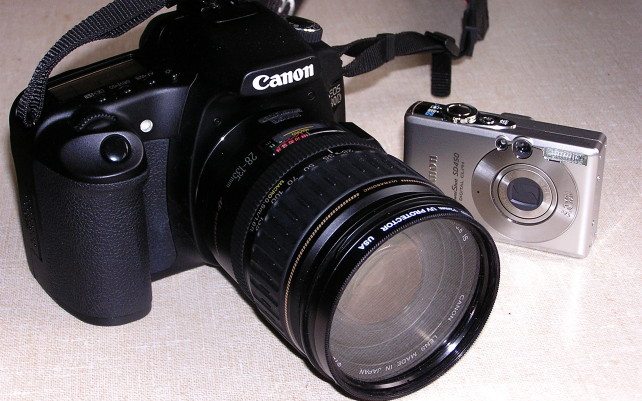
You might be on the verge of ditching your digital camera for a smartphone… and why shouldn’t you? It certainly is more convenient to carry around an ultra-light, multi-function smartphone than a heavy, bulky standalone digital camera.
You can also use your smartphone to enhance and edit pictures as you take them and share photos on different social networking sites in real-time. All of this, with the same device you use to call, play games, read e-books and more.
While it seems that today’s smartphone cameras have indeed come a very long way in terms of image and video quality, phone cameras still can’t replace standalone digital cameras; at least not completely. Here are some reasons why:
1. Longer battery life
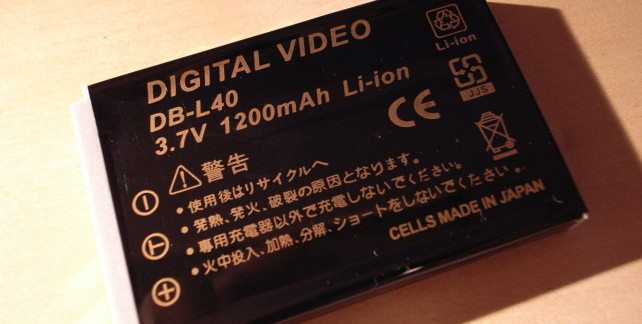
You use your smartphone to make important calls, send / receive emails, listen to music and a whole lot more – all of which depends on your phone’s meager battery life (which seems to get shorter and shorter these days) . In addition to this load, completely relying on your smartphone for all your photo needs will drain your battery even faster.
Sure, you can bring a power pack with you, but is it not heavy and bulky too?
2. Low light image rendering

No matter what kind of camera you use, image quality will always be a function of light intensity. The amount of light photons “captured” determines the clarity of the picture. Consequently, larger light sensors catch more light. So a smartphone that is intentionally designed to be sleek and light, limits the size of the light sensor that can used in its integrated camera.
Under low light conditions, a smartphone camera would most likely produce grainy, poorly focused and dim images. An outdoor photo taken at night using an inexpensive standalone digital camera is more likely to be usable than one taken with a smartphone, even with the help of its weak LED flash.
3. Optical Zoom
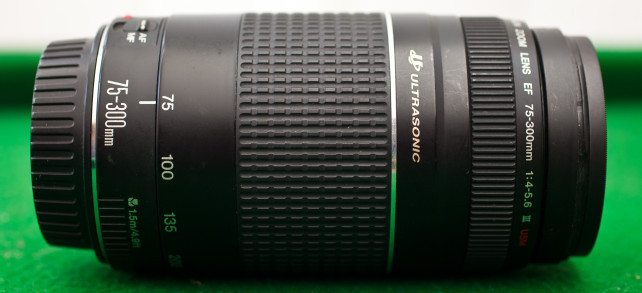
Just like the light sensor restrictions, a smartphone simply can’t be integrated with bigger lenses. The smartphones we have now can only digitally zoom, which renders grainy and blurred images when blown up. On the other hand, point-and-shoot digital cameras, which cost less your smartphone, are already capable of optically zooming-in to an object by at least 4 times. More expensive cameras are capable of at least 10x optical zoom.
DSLRs with interchangeable lenses can even be customized to reach up to 50X magnification, something which is completely inconceivable on a smartphone camera.
4. Faster shutter speed
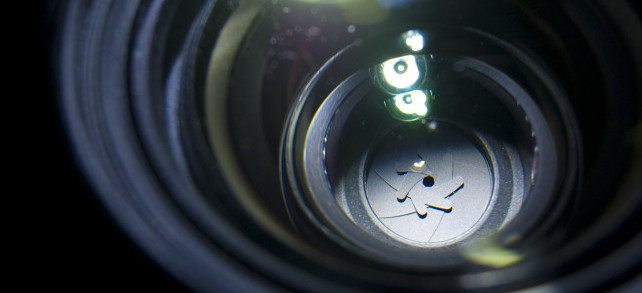
Undeniably, there are smartphones which can take images in fast succession; but even with these very expensive versions, using a smartphone to take pictures of moving subjects can be truly frustrating. Unless your subject dramatically slows down to let you snap a photo, you might end up capturing a very blurry image.
Fortunately, standalone digital cameras have “burst modes” which fires the shutter in rapid succession. Top of the line point-and-shoot cameras and DLSRs can take dozens of crisp pictures in a span of just one second.























![Big Spender To Backpackers [infographic]](https://www.holidaypoint.com.au/wp-content/uploads/2014/03/GIO_BigSpendertoBackpacker_v3-e1394504863732-187x105.jpg)



![For The Love Of Bbq [infographic]](https://www.holidaypoint.com.au/wp-content/uploads/2014/01/GIO_AussieBBQ_v2-e1390559463404-187x105.jpg)


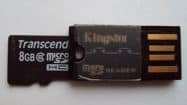

![Cities Of The Future [infographic]](https://www.holidaypoint.com.au/wp-content/uploads/2013/11/geek-travel2-e1384167225628-187x105.jpg)










Do You Have a Question to Ask?